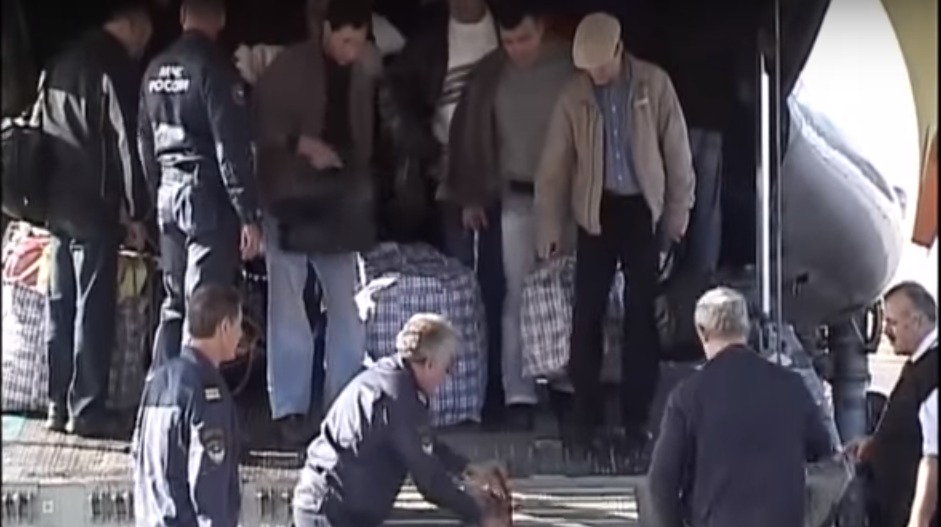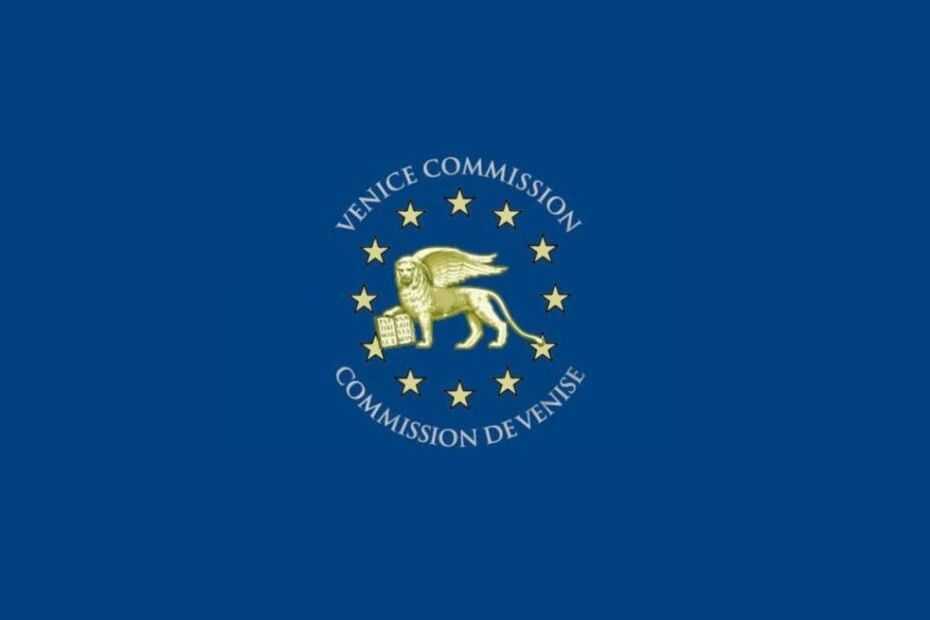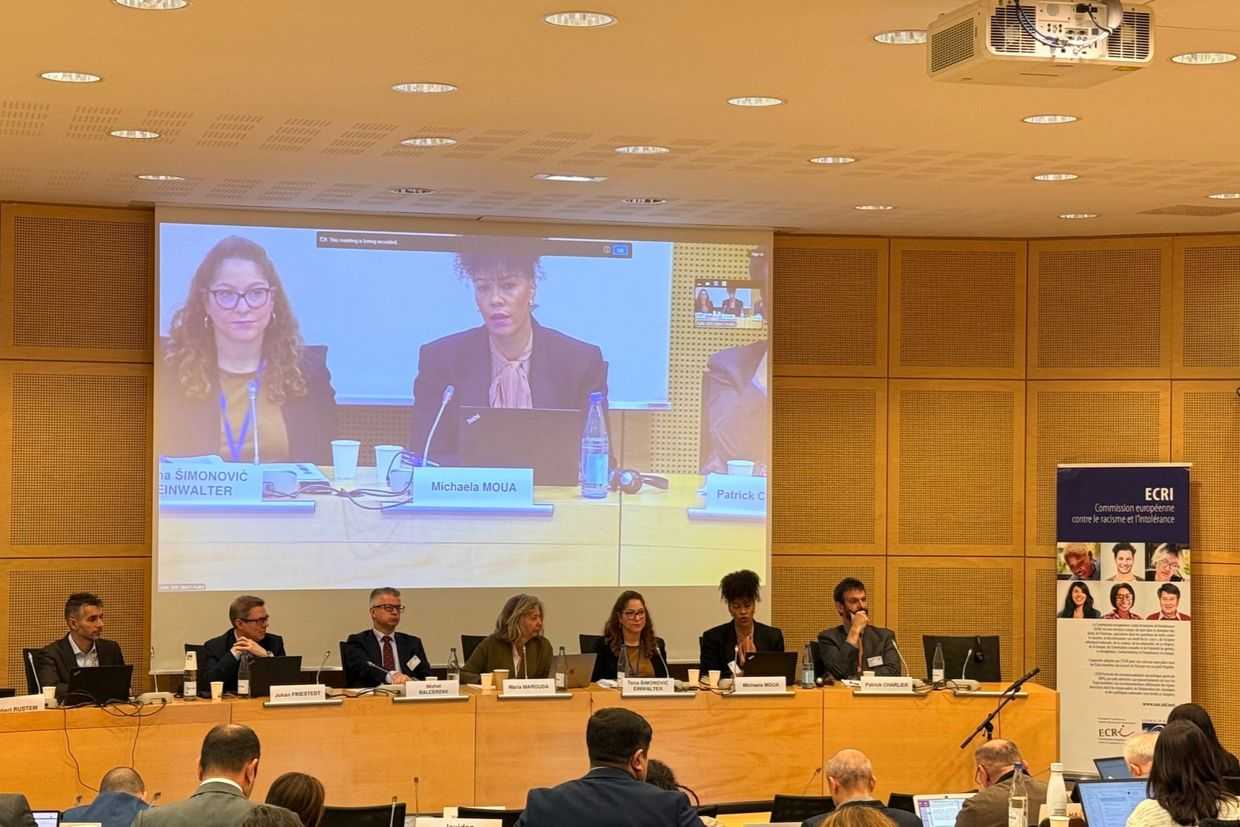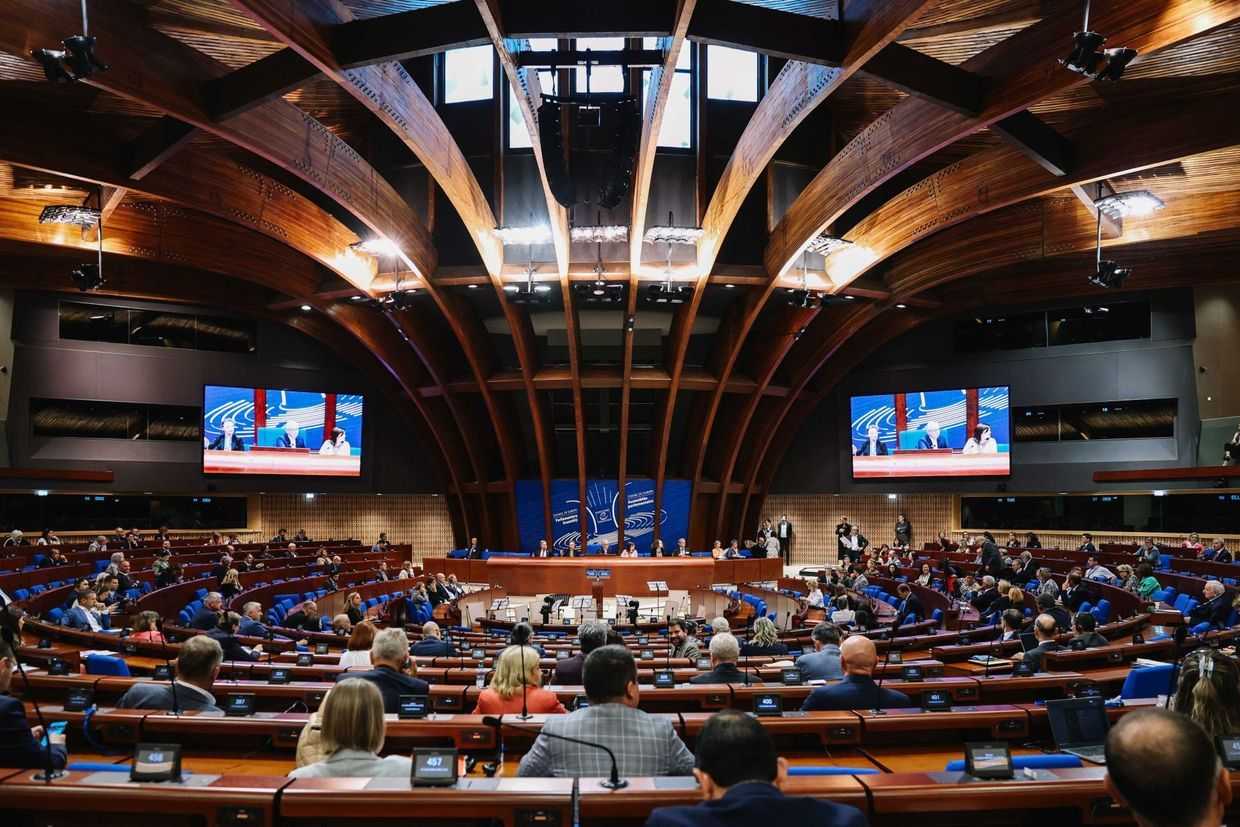

The Russian Federation must pay Georgia €10 million ($11.5 million) in compensation for the damages suffered by more than 1,500 Georgian nationals who were arrested, detained, and collectively expelled from Russia in 2006, the European Court of Human Rights (ECHR) has ruled.
It is uncertain whether Russia will abide by the judgement as the country has already implemented a mechanism to refuse the execution of ECHR rulings. Following the judgement, several Russian officials said Russia should not comply with the ruling, arguing that the decision was political in nature and may contradict the Russian constitution.
The ECHR judgement was published on 30 January. The court voted 16-1 that the money should be distributed to a group of more than 1,500 Georgian nationals, who they said were victims of collective expulsion, the unlawful deprivation of liberty, and the inhuman and degrading conditions of detention in Russia.
From September 2006 to January 2007, more than 4,600 expulsion orders were issued by Russia and over 2,300 Georgian nationals were forcibly expelled. Hundreds were sent to Georgia via a Russian Ministry of Emergency Situations cargo plane.
The ECHR originally ruled in favour of Georgia back in 2014 but stated that the court was not ready to make a decision regarding compensation. It offered the two countries the opportunity to provide their opinions regarding the amount of compensation awarded and notify the court if a compromise was negotiated.
As the two governments were unable to reach an agreement, the President of the ECHR’s Grand Chamber invited Georgia in November 2015 to submit a list of nationals who had been affected. The Georgian government filed a list of 1,795 people in September 2016.
The court’s final decision ruled that from the €10 million awarded to Georgia, €2,000 ($2,300) must be paid to those who suffered only collective expulsion, and an amount ranging from €10,000–€15,000 ($11,500–$17,200) must be paid to those who were also victims of unlawful detention and mistreatment.
Why did Russia expel Georgian nationals
The expulsions came months after four Russian officers were arrested in Georgia on charges of spying.
The Georgian Interior Ministry stated at the time that the group was interested in Georgian-Nato integration programmes, energy security, opposition parties, non-governmental organisations, defence ministry forces, arms, ports, and railway communications, among other things.
The Russian Foreign Ministry demanded their immediate release and the Georgian ambassador was summoned.
Russia denied that the expulsions were in retaliation for the arrests. Instead, Russia stated that it was a continuation of its standard policy against illegal migration.
Georgia lodged a complaint with the ECHR in March 2007 and their application was accepted by the court in 2009.
Will Russia execute the court’s rule
On 1 February, Georgian Prime Minister Mamuka Bakhtadze congratulated the nation on its win against Russia. ‘I can openly say that justice has been served’, Bakhtadze said.
However, it is not yet clear if Russia will fulfil the ruling. According to the Russian state news agency RIA Novosti, the Russian Justice Ministry has said that ‘the issue of paying €10 million will be resolved, keeping in mind the lack of direct diplomatic relations between the two countries’, and that ‘guarantees by the Georgian side regarding the equal distribution of funds will be required’.
RIA Novosti, quoted Andrei Klishas, Chairman of the Constitutional Legislation Committee of Russia’s upper house, the Federation Council, as labelling the ruling ‘political in nature’, which ‘may contradict the Russian constitution’.
In 2015, Russia adopted a law allowing it to overrule the ECHR’s judgements to ‘protect the interests of Russia’. The law allows Russian courts to overrule decisions if they deem them unconstitutional. The legal changes came after the ECHR ruled against Russia’s Federal Security Service (FSB) over spying.
‘I’d like to note that this mechanism has already been used several times’, Klishas told RIA Novosti. He added that only after a thorough analysis of the decision’s text, ‘will it be possible to talk about the position of the Russian Federation, taking into account all the circumstances’.
The Deputy Chairman of the State Duma Committee on International Affairs more clearly stated that Moscow should not recognise the ruling.
‘We do not participate in the Parliamentary Assembly of Europe, we did not choose these judges for human rights […] We should not recognise the decisions of the European courts’, the MP told RIA Novosti.
[Read more about cases Georgia has filed against Russia in the ECHR on OC Media: Georgia takes Russia to ECHR over ‘rights violations on occupied territories’]
If Russia refuses to pay
Georgian Justice Minister Tea Tsulukiani said on 1 February that Russia was obliged to fulfil the ECHR ruling as it has signed the European Convention on Human Rights.
The execution of ECHR judgements is monitored by the Committee of Ministers of the Council of Europe. If Russia does not pay the compensation to Georgia within three months, they may be subject to expulsion.
Nino Jomarjidze, a lawyer at the Georgian Young Lawyers’ Association, told OC Media that expulsion was a last resort and that the council may seek a more diplomatic way of handling the issue first.
In March 2018, RIA Novosti reported that Russia was considering leaving the Council of Europe because of ECHR rulings. Unnamed sources told the agency that Russian authorities were considering denouncing the European Convention on Human Rights and ending their cooperation with the ECHR because, ‘when considering complaints against Russia, the politicisation of the position of the ECHR is increasing’ and ‘the court refuses to take into account the peculiarities of the Russian legal system and the norms of international law, and often resorts to a practice of double standards’.









